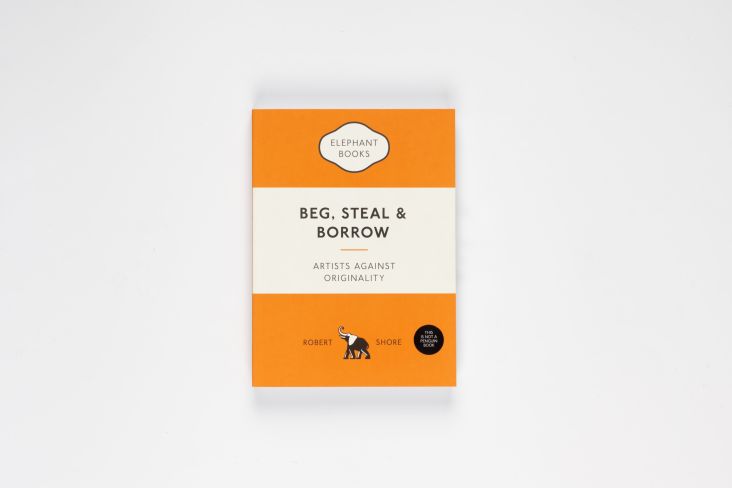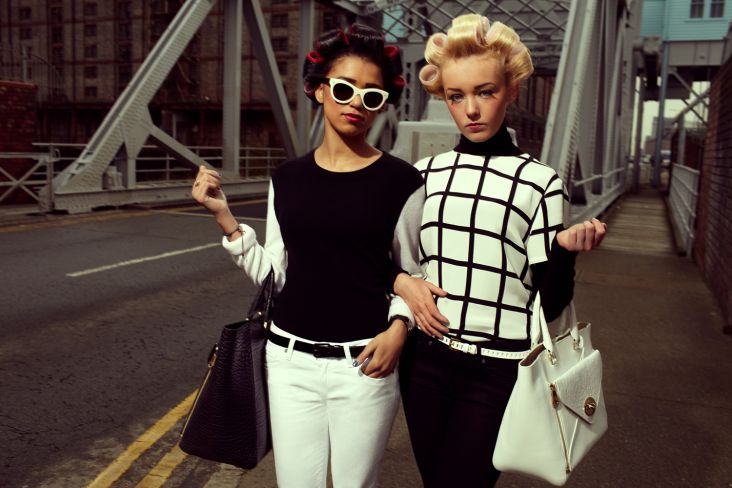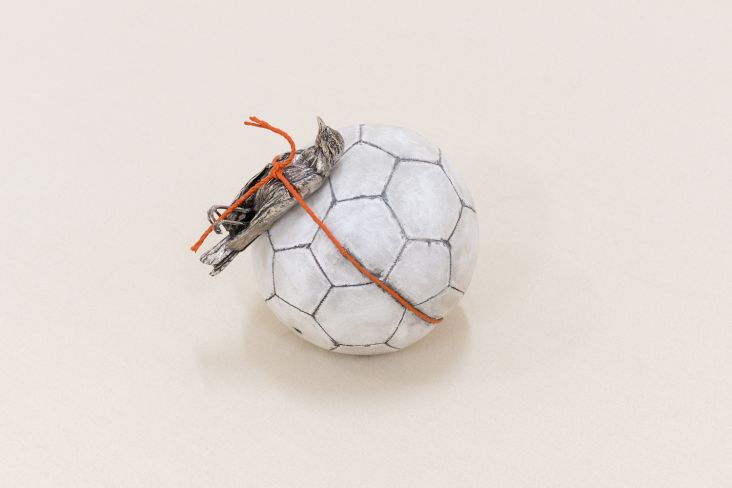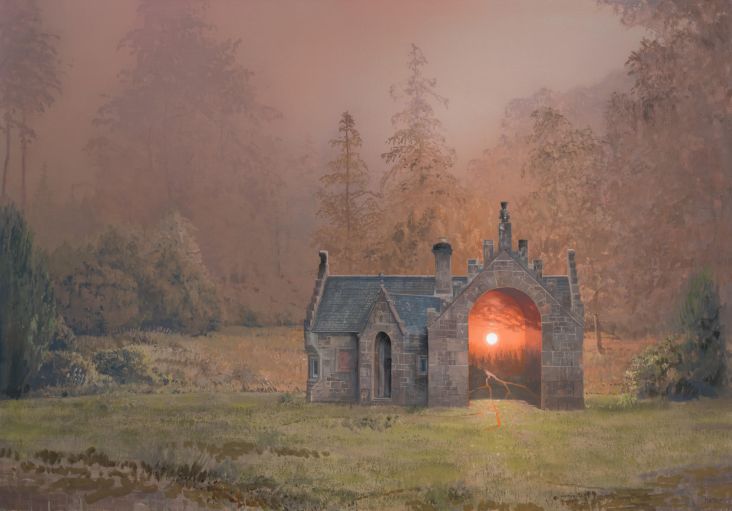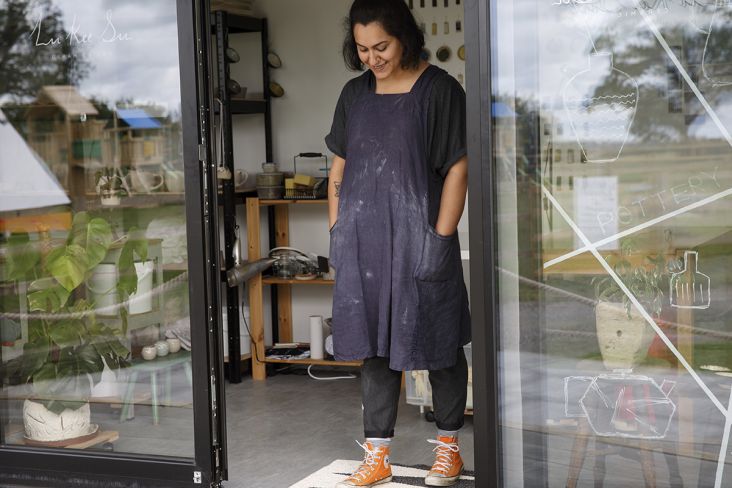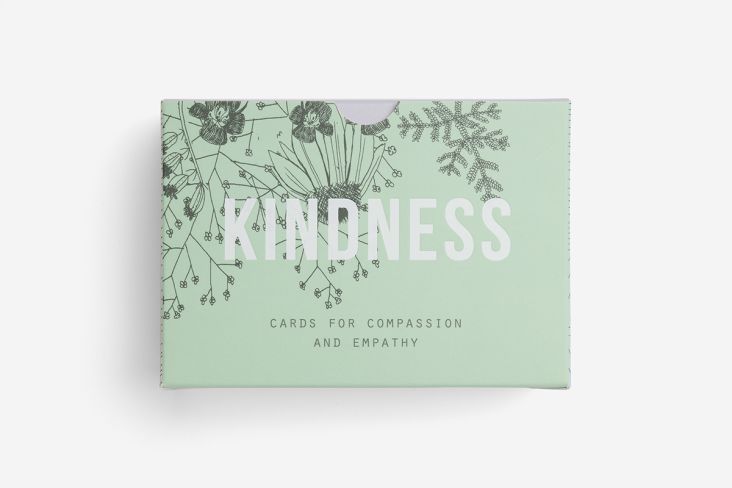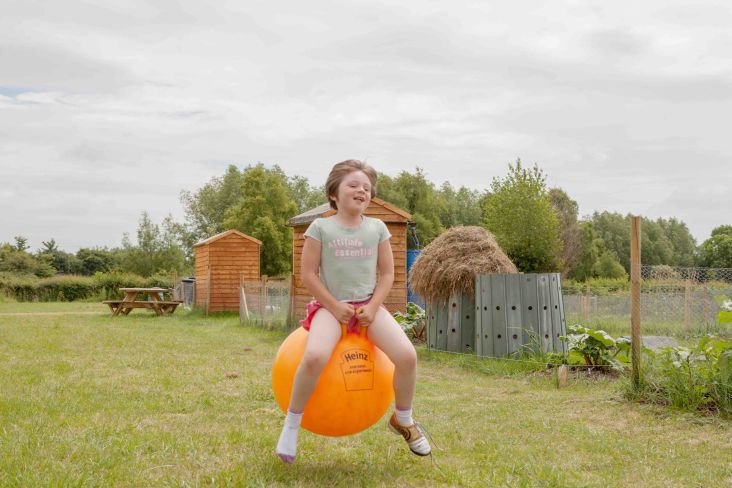15 clever student campaigns that should definitely be real
Nothing beats a smart campaign to grab your attention. One that has been designed to win over hearts and minds, and gets people to happily purchase or sign up to something through clever imagery, typography and creativity.
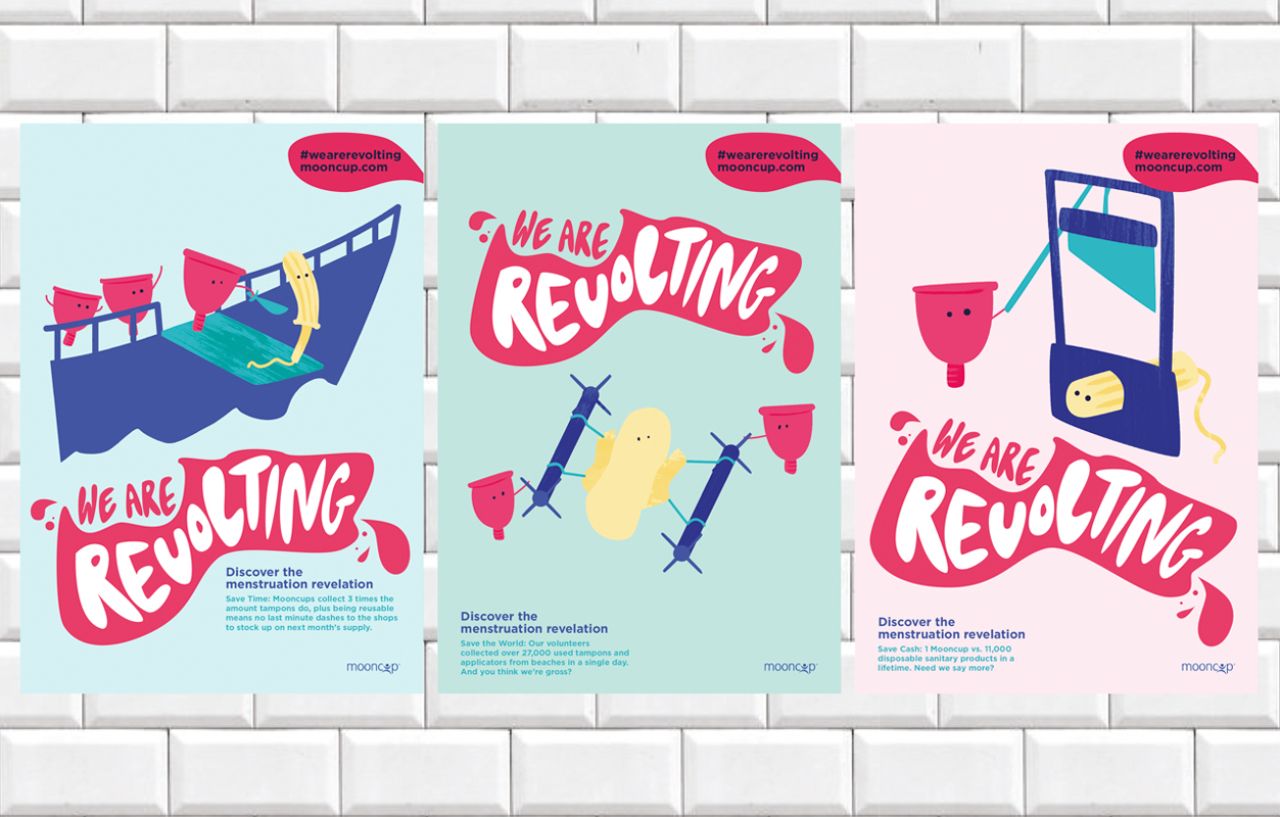
We Are Revolting by Milly Hilton. All images courtesy of Shillington and its students.
A campaign might change the perception of a brand for the better. It could just highlight a product or service in an over-saturated market. Whatever its purpose, a great campaign can be a powerful thing. But not every amazing idea becomes a reality. Here, we've picked out 15 of the best fictional campaigns, created by our own students at Shillington.
1. Be a Filmhead by Christie O'Loughlin
Christie O'Loughlin's 'Be a Filmhead' campaign is based on a fictional filmmakers lab for young filmmakers of diverse backgrounds sponsored by the Academy of Motion Picture Arts and Science. The Lab and the promotional campaign were conceived as a means to improve the image of the Academy – showing them to be more contemporary, relevant and inclusive.
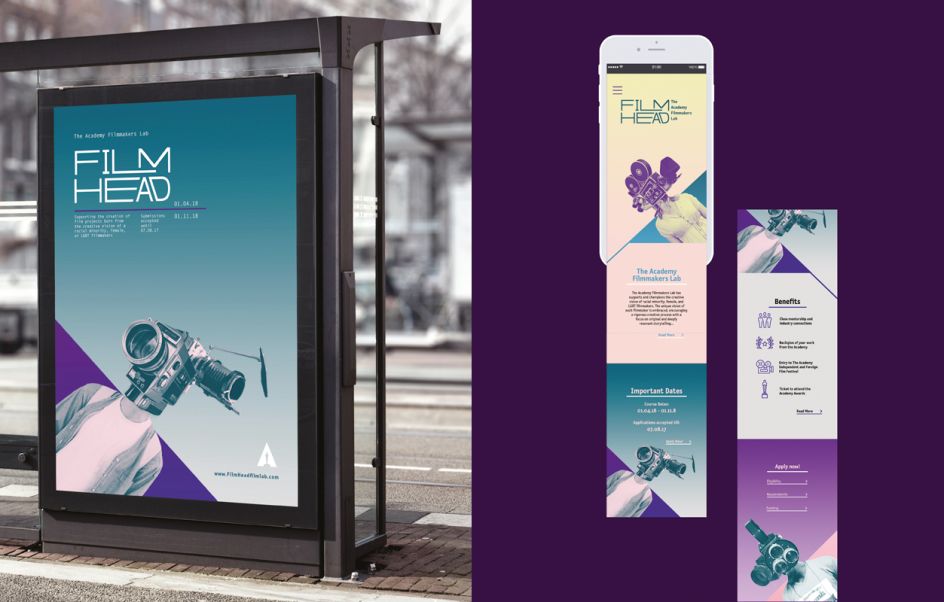
2. Pod by Daniel Kan
Daniel Kan crafted a conceptual brand identity for a fictional interstellar travel agency.
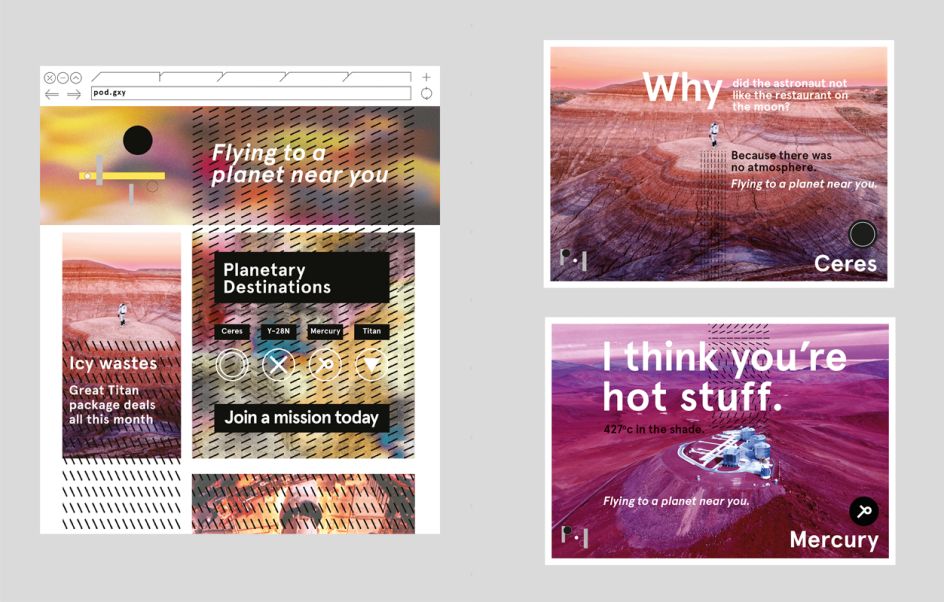
3. Meld by Georgia Mae Lewis
Georgia Mae Lewis designed a campaign for Classic FM to bring classical music into the lives of the younger generation. It was based on 'Meld', a three-day festival of concerts and events that merge UK grime and classical, orchestral music.
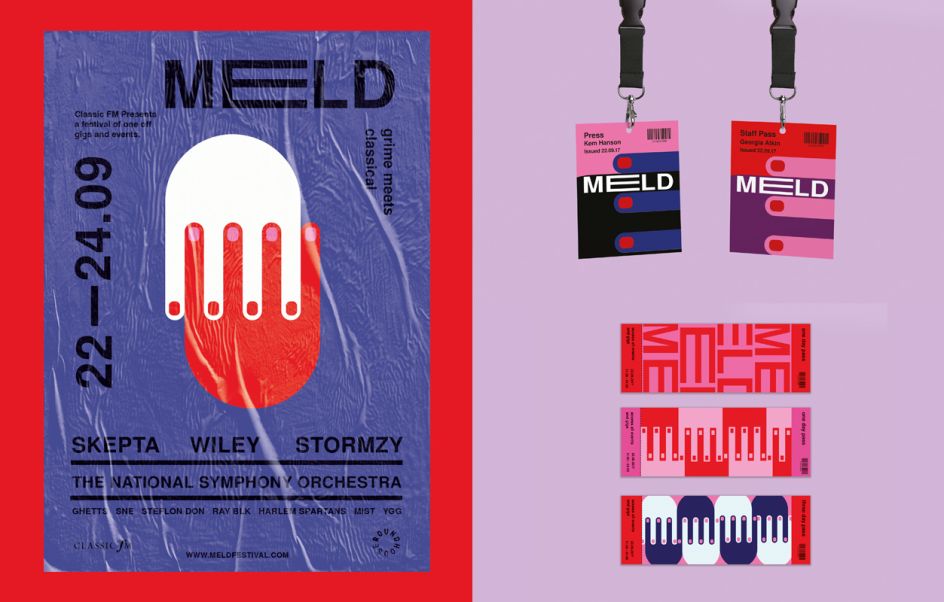
4. Day 32 by Grace Diebel
Grace Diebel's campaign for Comcast literally gives clients their time back by partnering with errand and chore company, Task Rabbit.
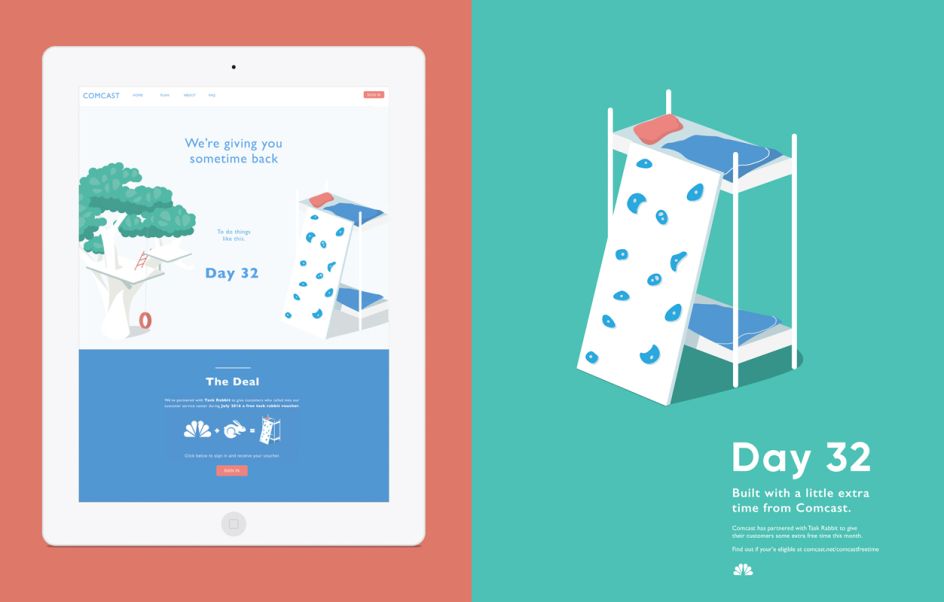
5. Important by Inigo Ropner
Inigo Ropner wanted to break down the taboo nature that surrounds pornography by educating people on the many unspoken benefits it can have on society. The clever designs are focused on several abstract illustrations that translate into Kama Sutra.
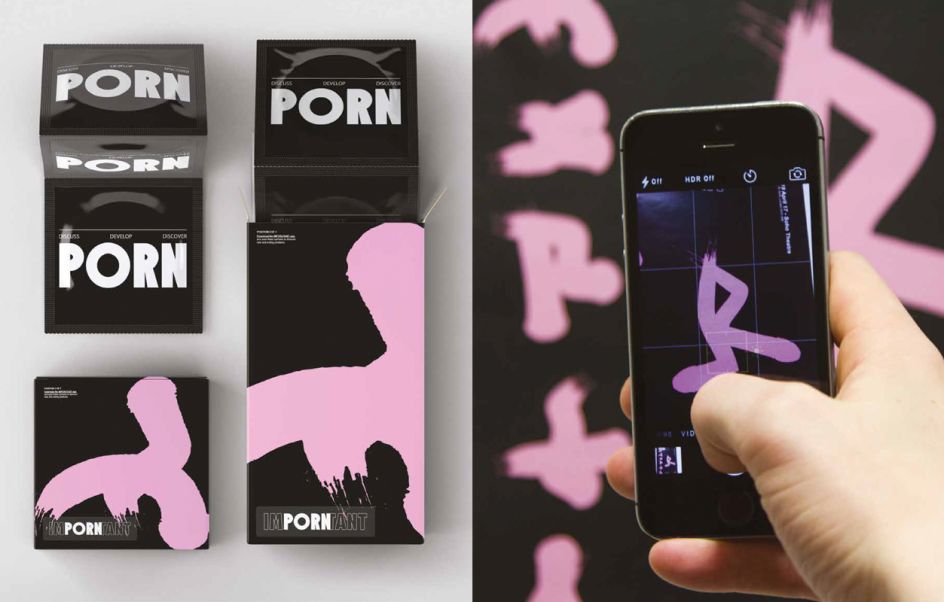
6. Little Chef by Jasmine O'Dell
Jasmine O'Dell's campaign aims to change perceptions of Little Chef. Little Chef’s Little Chef is a cooking competition for children. It will help both parents and children to start thinking of Little Chef restaurants as a place to spend time together as a family.
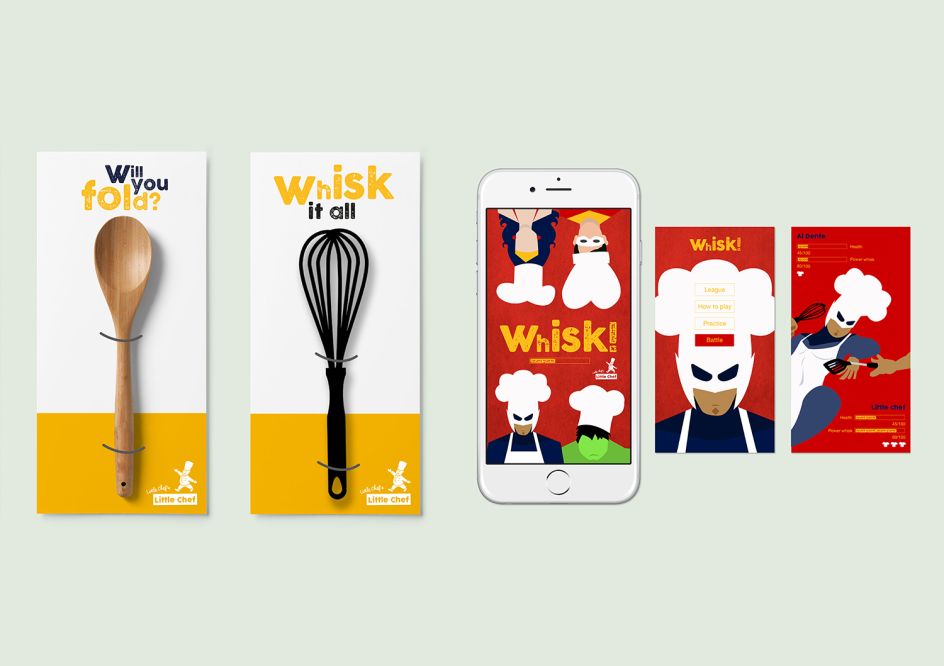
7. Snake Week by Jason Lui
Jason Lui's campaign hopes to change perception and increase awareness of snakes to children in Australia.
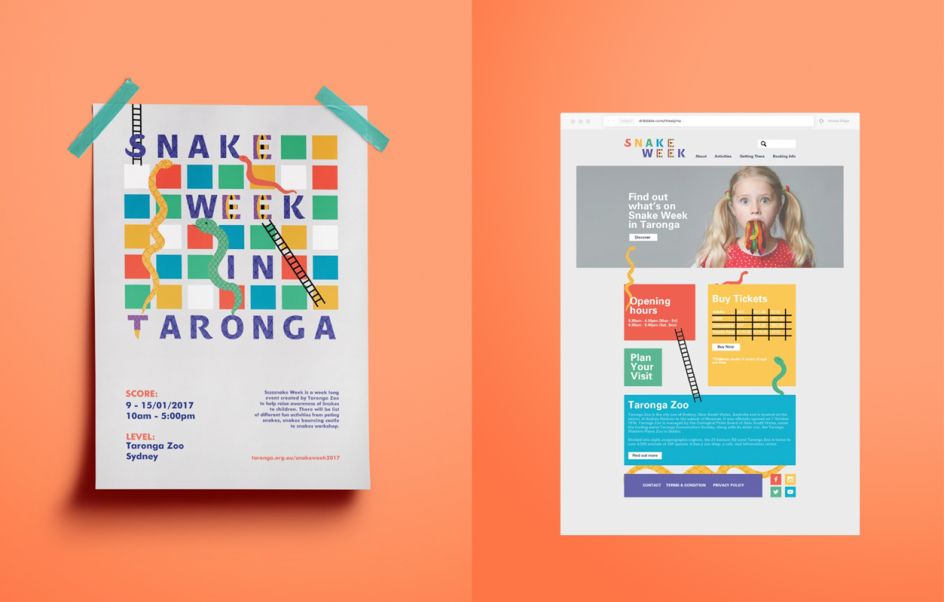
8. Comic Sans by Jen Ng
Jen Ng crafted a campaign for a workshop to embrace the Comic Sans letterform—a champion typeface for those living with dyslexia. She wanted to encourage people to make their own patterns and compositions using various Comic Sans characters and turn them into sellable art. With proceeds going to the International Dyslexia Association to help fund ongoing research and treatment.
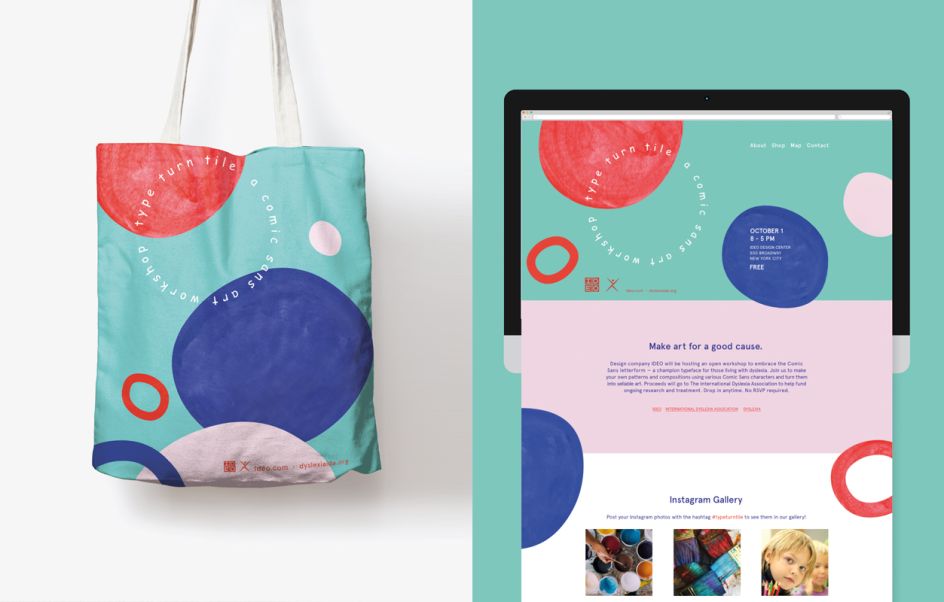
9. Kodak by Julia Frankch
Julia Frankch's campaign aims to reconnect with a younger audience by going back to Kodak's roots of analogue photography. The concept of the event was to encourage people to get away from technology and to go back to the craft of making.
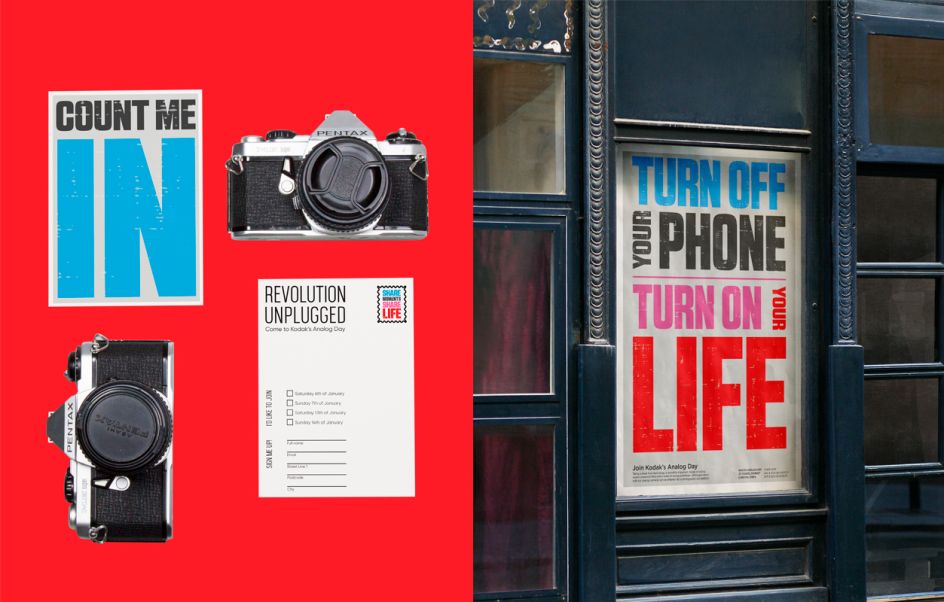
10. Country Women's Association by Katie Lodge
Katie Lodge's fictional concert event was to draw upon the culinary traditions of the Country Women's Association (CWA) and host a baking competition. Using a slightly "tongue in cheek" approach in order to appeal to a younger male demographic, the phallic fruit and vegetables are tied to baking recipes featured in the competition.
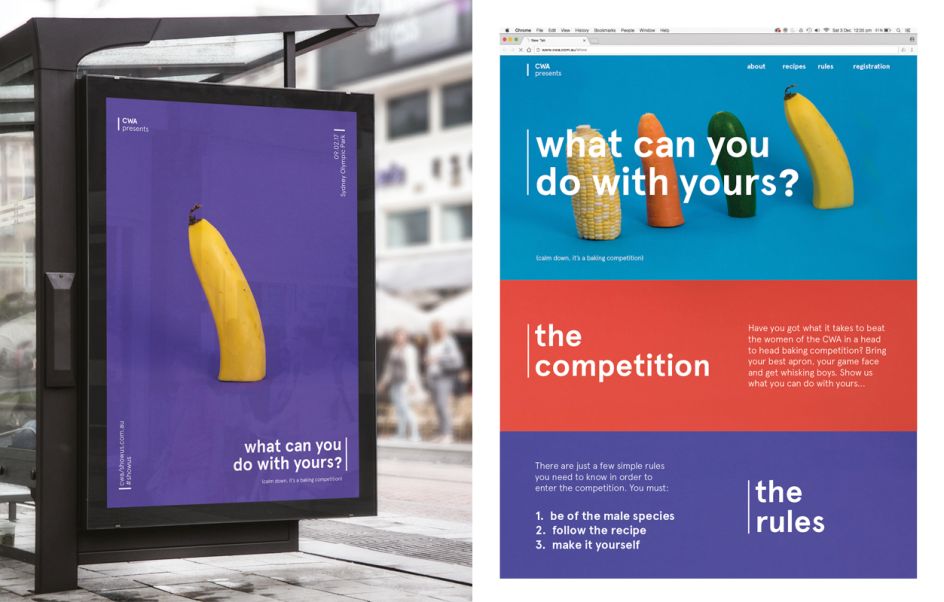
11. Tiger Airways by Lori Beth Kaye
Customers of Tiger Airways identify the brand as offering poor service, as well as poor communication and safety, creating low satisfaction ratings and reduced turnover. For Lori Beth Kaye, the brief was to deliver a "positive perception and attitudinal shift through experiential activations". The solution was the creation of a bespoke app design focusing on UI and UX to deliver market activations and reposition customer engagement and opinion.
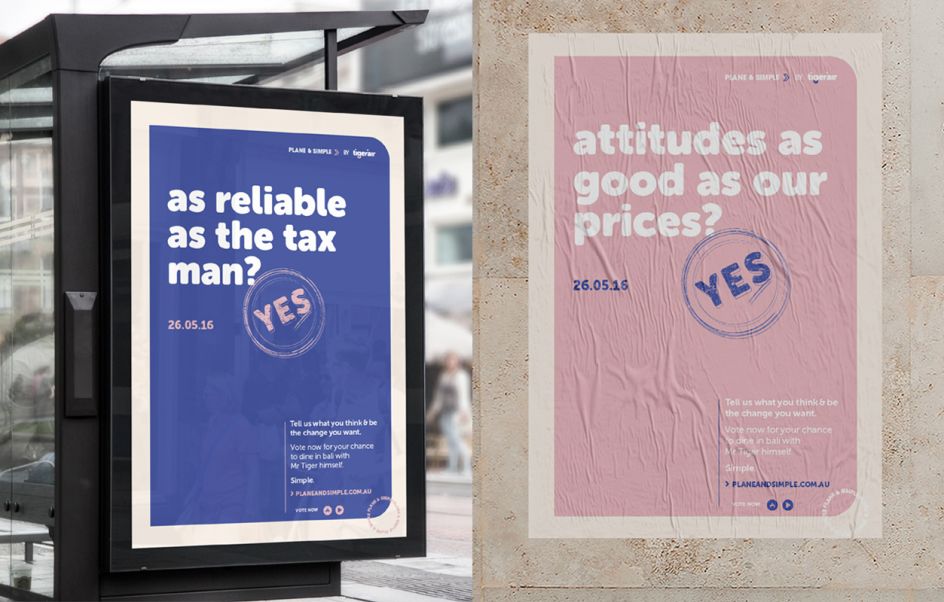
12. Floating by Max Barry
Max Barry crafted new branding for a space photography event aimed at positioning Edinburgh Observatory as a cultural destination.
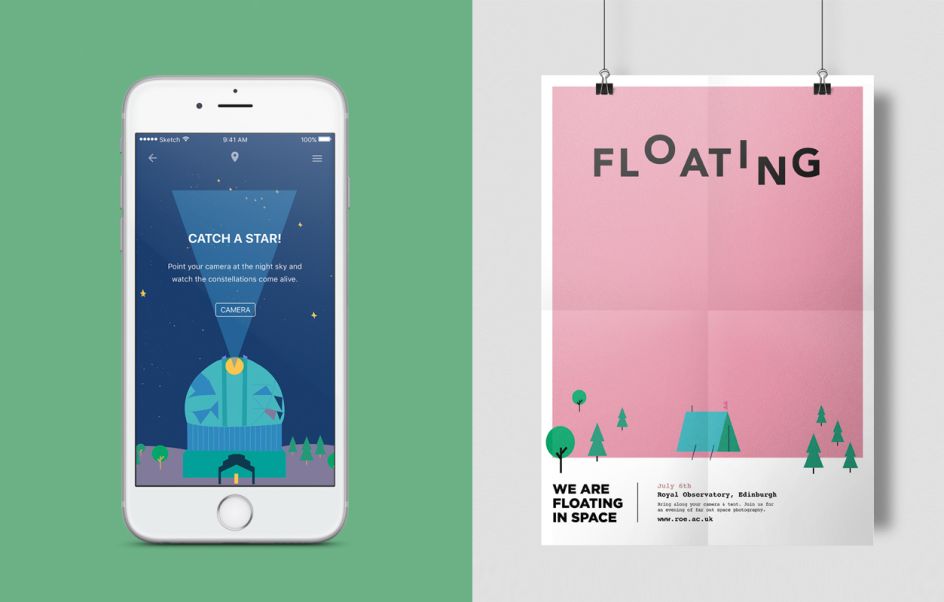
13. Illuminations by Oliver Friedfeld
Oliver Friedfeld designed a networking campaign to bring together students at university.
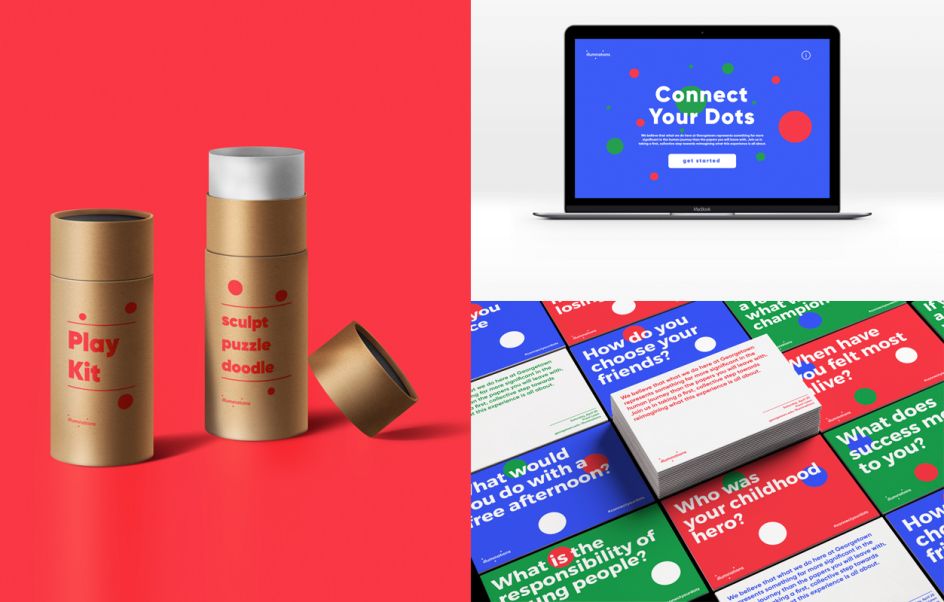
14. We Are Revolting by Milly Hilton
Milly Hilton's 'We Are Revolting' campaign doesn't gloss over the not-so-glamorous aspects of using a menstrual cup. It embraces the yuck factor and uses a tongue in cheek voice to appeal to the mainstream consumer.
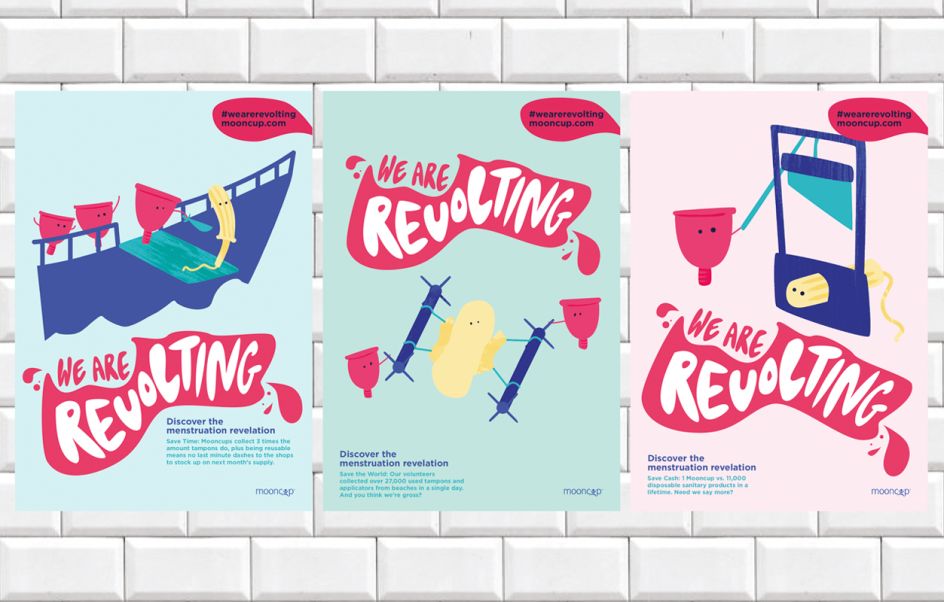
15. Nocturnal Instinct by Stephanie Badawi
Nocturnal Instinct by Stephanie Badawi is a beautiful campaign for an immersive night at the Museum of Zoology in London.
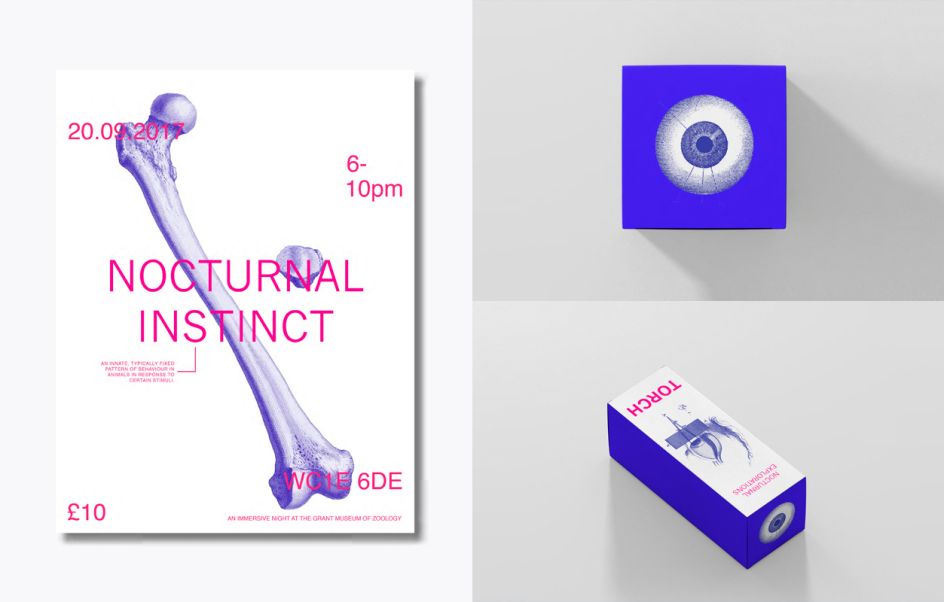
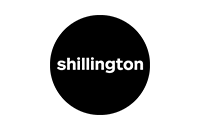




 by Tüpokompanii](https://www.creativeboom.com/upload/articles/58/58684538770fb5b428dc1882f7a732f153500153_732.jpg)


 using <a href="https://www.ohnotype.co/fonts/obviously" target="_blank">Obviously</a> by Oh No Type Co., Art Director, Brand & Creative—Spotify](https://www.creativeboom.com/upload/articles/6e/6ed31eddc26fa563f213fc76d6993dab9231ffe4_732.jpg)








